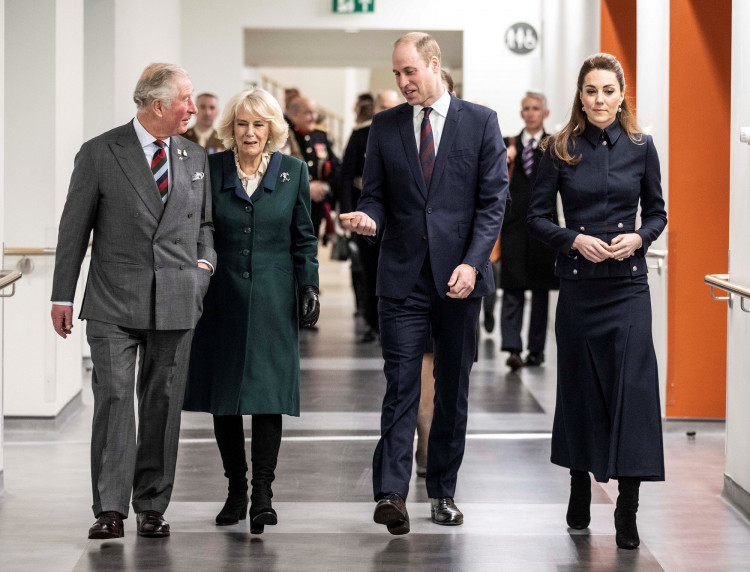In a startling revelation, a recent poll conducted by Savanta for the anti-monarchy group Republic has disclosed a significant drop in public support for the British monarchy, with less than half of the UK population favoring the institution. This trend represents a dramatic shift from the higher levels of support enjoyed during Queen Elizabeth II's reign.
The survey, executed online among 2,281 adults in the UK from January 5 to January 8, 2024, indicated that only 48% of participants now support the monarchy. In stark contrast, 32% prefer an elected head of state, while 20% remain undecided. Historically, royal support, especially among older generations, consistently exceeded 70%. However, the survey delineates a marked decline across all age groups, with even those up to age 54 showing dwindling enthusiasm.
Ed Owens, a royal historian, expressed concern over the results, linking the decline to recent scandals within the Royal Family and broader national dissatisfaction. "It's a remarkable shift in opinion...reflective of the wider family scandal, and the dysfunction of the family," Owens told Newsweek. He also suggested that the survey results mirror deeper societal discontent, with the monarchy increasingly perceived as a symbol of broader national issues.
Despite the general decline in support for the monarchy, certain members of the Royal Family maintain positive public perception. Prince William and Princess Kate, along with Princess Anne, continue to hold a favorable standing, a fact underscored by a 2023 survey showing over 60% positive opinion ratings for these royals.
Yet, the survey's findings are particularly alarming for King Charles III and Prince William, who are seen as key figures in the monarchy's future. Graham Smith, chief executive of Republic, underscored the gravity of the situation: "The monarchy is suffering a calamitous loss of support...Royalists have spent years saying the monarchy has the support of the country. That's clearly no longer the case."
The Royal Family's recent challenges, including the fallout from Prince Harry and Meghan Markle's departure and the controversy surrounding Prince Andrew's ties to Jeffrey Epstein, have undoubtedly contributed to this decline in public favor. As Smith pointedly notes, "Andrew has clearly done significant damage to the monarchy, but Charles is the one responsible."
Looking forward, the Royal Family faces a daunting task in regaining public trust and support. The transition from Queen Elizabeth II's widely respected reign to King Charles III's leadership occurs amidst a rapidly changing societal landscape, where traditional institutions are increasingly scrutinized.
This survey paints a stark picture for the British monarchy, at a time when its relevance and role in modern British society are being questioned like never before. The need for a strategic approach to address these challenges and reshape public perception is more urgent than ever for the royal establishment.





